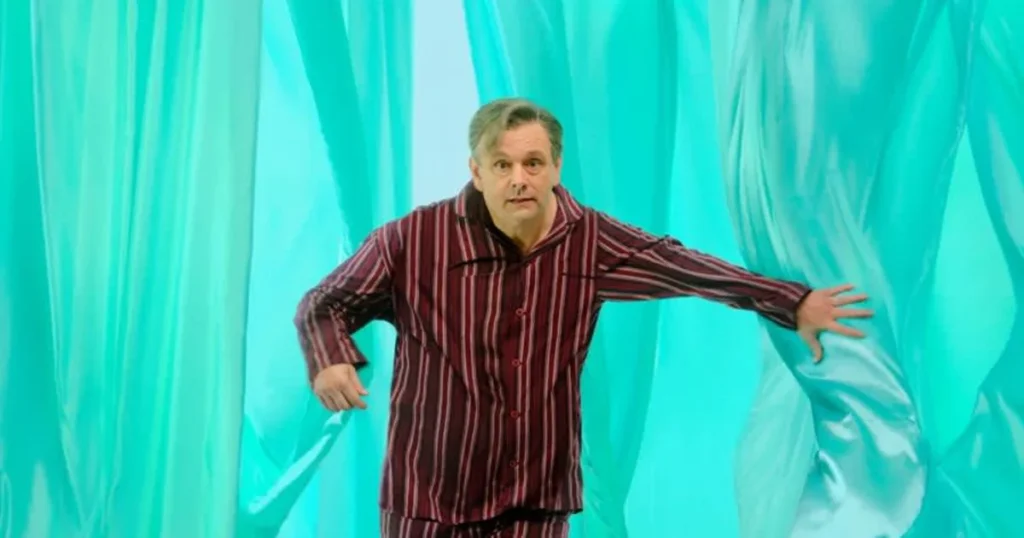Ken Richards says that it is essential for learners to explore the literary culture associated with a language
Colin Miles’ phrase ‘arrested development‘ as applied to the Welsh language was clearly meant to provoke discussion. But what if his interpretation of the situation is based on a superficial knowledge and understanding of the language and its morphology?
Recent experience with the investigation of slate quarrying and education during the 19th Century in north east Wales has provided me with a fairly good idea of the use of language in periodicals and newspapers such as Y Faner and Y Goleuad, and several regional newspapers in England. In the majority of reports the written word in both Welsh and English languages is dense and stilted compared with the language in today’s media reports and editorials.
At the time, there seemed to be a tendency to report what was said verbatim rather than a summary of what took place, peppered with the occasional quotation. One can imagine reporters of the day using the Pitman Method to record each word to be printed at length in next week’s edition. In reading these articles I have often wondered if people actually spoke in such a stilted way in both languages. In later years, the writings of E. Tegla Davies (1880-1967) or O. M. Lloyd (1910-1980) – both respected representatives of chapel and literary society of the early to mid 20th Century – both wrote in fresh, colloquial, effortless and straightforward Welsh. This was hardly the Welsh equivalent of Chaucerian English.
Colin Miles expresses hope in future generations, as we all do. A similar optimism about the future was expressed in the late 19th Century and early 20th Century by the educator Owen M. Edwards (pictured) who made it a lifelong ambition to make the Welsh language accessible to young people. Cymru’r Plant, a magazine for youngsters was first published in 1892. Owen M. Edwards (1858-1920) represented a younger generation of community leaders who challenged the burden placed on them by the previous generation of Victorians, such as the teaching of English only in schools, which contributed to a rapid decline in the use of the Welsh language at the time. When my parents were young during the 1920s and 1930s, Welsh was considered second class in many communities and best kept in the cupboard out of general hearing.
In the present day, Owen Edwards’ ideas about the value of the printed word in accessible format are echoed in the work of the Welsh Book Council to encourage and promote the publication and readership of books in Welsh for children. The list of new and forthcoming books for children on the website www.gwales.com is a constant source of inspiration and interest for someone who raised his daughter in the Welsh language in Canada. My speaking in Welsh from her childhood to her early twenties blended handily with the French, Greek, Italian, Portuguese, Spanish, Chinese, Urdu and English we heard spoken by other parents to their children as we shopped in the neighbourhood or travelled on the subway. Today she is practising her Welsh in Sir Fon – Anglesey with other students at an archaeological dig organised by the National Museum of Wales.
There comes a point in learning a language where one accepts the technicalities for what they are and begins to explore the literary culture associated with it. I find it difficult to read and understand the Welsh poetry written before the time of Chaucer, and have experienced frustration with the stilted language of both Welsh and English of the 19th Century. On the other hand, I am captivated by the skill and artistry of today’s poets in Wales who challenge us regularly with the use of the language on Talwrn y Beirdd.






I often wonder whether the heavy emphasis placed on spoken Welsh in schools isn’t a mistake. In later school life and in adult life, Welsh language ability as an employment requirement demands the ability to read, understand and write proficiently in Welsh. (I’m supposing that parents who put their child in Welsh Medium schools want something better for them than working behind the counter at Boots wearing a “Siarad Cymraeg” badge.)
Where are we actually going with Welsh Language education? This year 303 pupils entered Welsh first language at A level. The WJEC records:-
“At A level there was a significant decrease in the number of entries for Welsh First Language, while entries for Welsh Second Language remained similar.”
From this I take it that ability in written Welsh in Welsh medium schools is not high, indeed when I looked at the success rates at Key stage 3 in Welsh medium schools I found that Welsh first language was well down the order when it came to pupils reaching an age appropriate level and an advanced level (levels 5,6 and 7+). Ranked in order of success in Welsh Medium schools, Welsh L1 comes equal with Music and with only Physical education and Welsh second language having a poorer success rate. This in schools whose whole reason for being is to teach the Welsh Language and where much of the medium for instruction in other subjects is Welsh.
Mathematics
Information Technology
Art
Science
History
Geography
Design & Technology
English
Modern Foreign Language
Music
Welsh First Language
Physical Education
Welsh Second Language
Ken,
The literary languages of the 19th century, whilst improving the mind, will do little to solve the every day problems that Welsh faces in the 21st century. At a party the other day the Welsh speakers were lamenting the standard of written Welsh, with particular regard to forms and were calling for a campaign for ‘plain Welsh’. I cannot see that succeeding until the difference and disparity that exists between the spoken and written word is narrowed. And it is difficult to see how the language of modern Welsh poetry can help. But perhaps you can explain a little more?
Putting the Welsh language to one side for a moment, how often have you heard people complaining about “the decline in standards” in English? People have been complaining for a very long time indeed, haven’t they?
Just as opinions differ in English, people have different views as to what constitutes good or bad Welsh. Some people loathe informality, and some love it, but there is bad Welsh, just as there is bad English. Bad because it fails as communication, whether written or spoken.
Your fellow party goers don’t seem to be very well informed because there is a long running campaign for “plain” Welsh. It’s called Cymraeg Clir. Next time you see them, suggest that they look it up.
The fact is, Colin, that unless and until you learn the language yourself, you will only have the prejudices of others to go on, and you will continue to believe the myths and misunderstandings that you rehearsed in your original article (Welsh has too many apostrophes and the like).
I hope that you give it another go, but for the first two or three years at least, forget about the written language and concentrate on the living, spoken language. That’s how Welsh speakers learn it too.
Once you’ve got that under your belt, then you can start to tackle the richness and subtlety of the more formal kinds of Welsh, apostrophes and all.